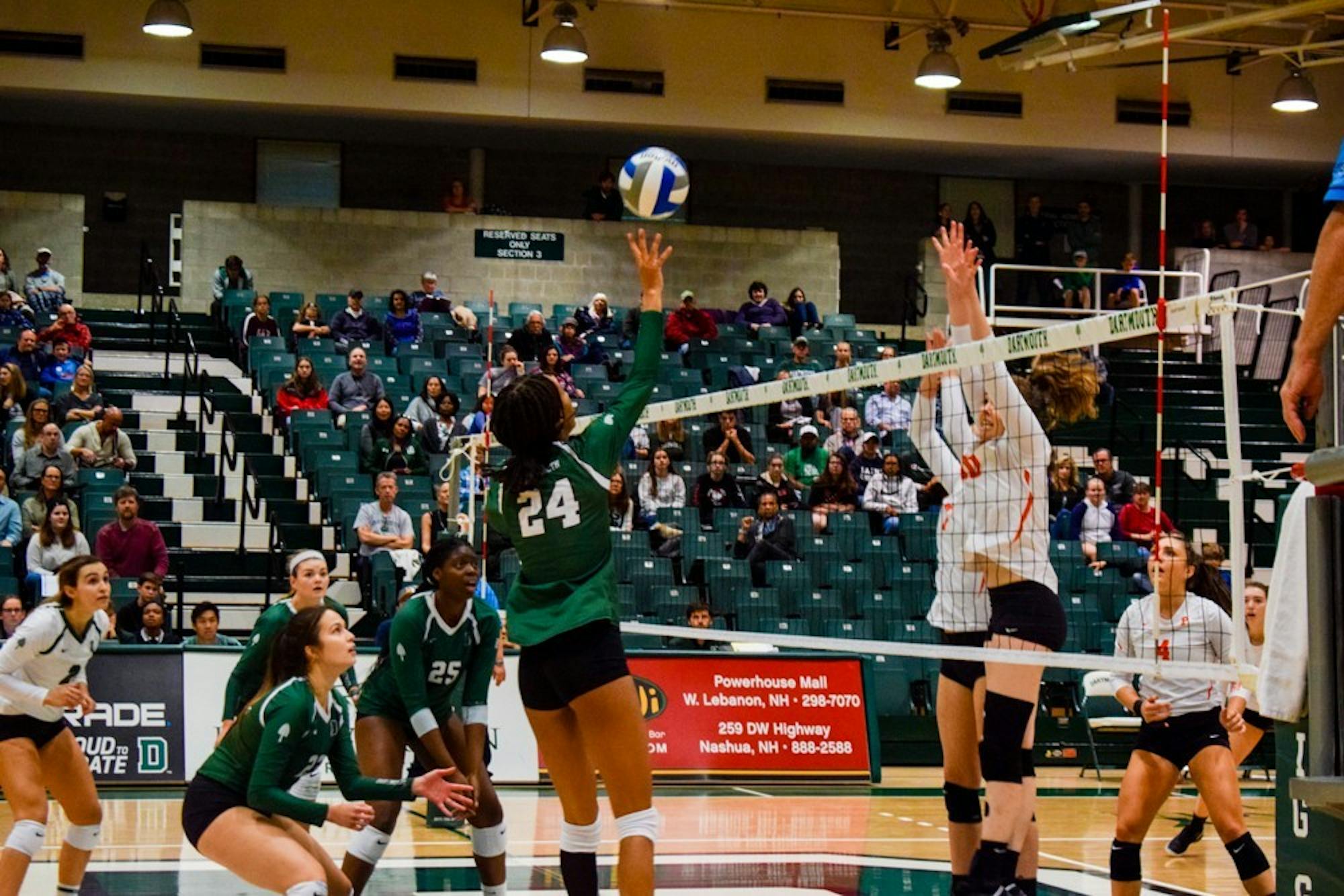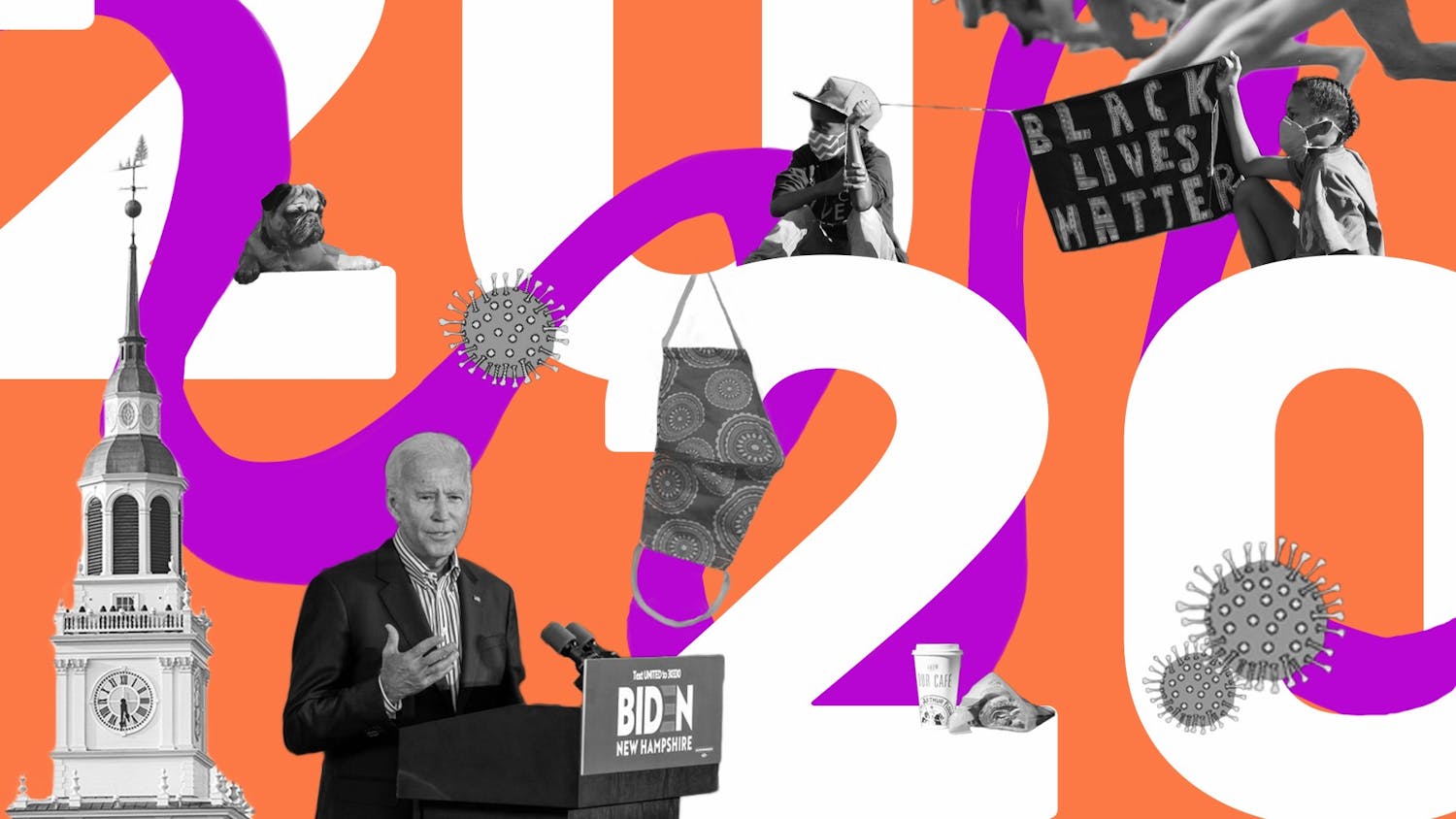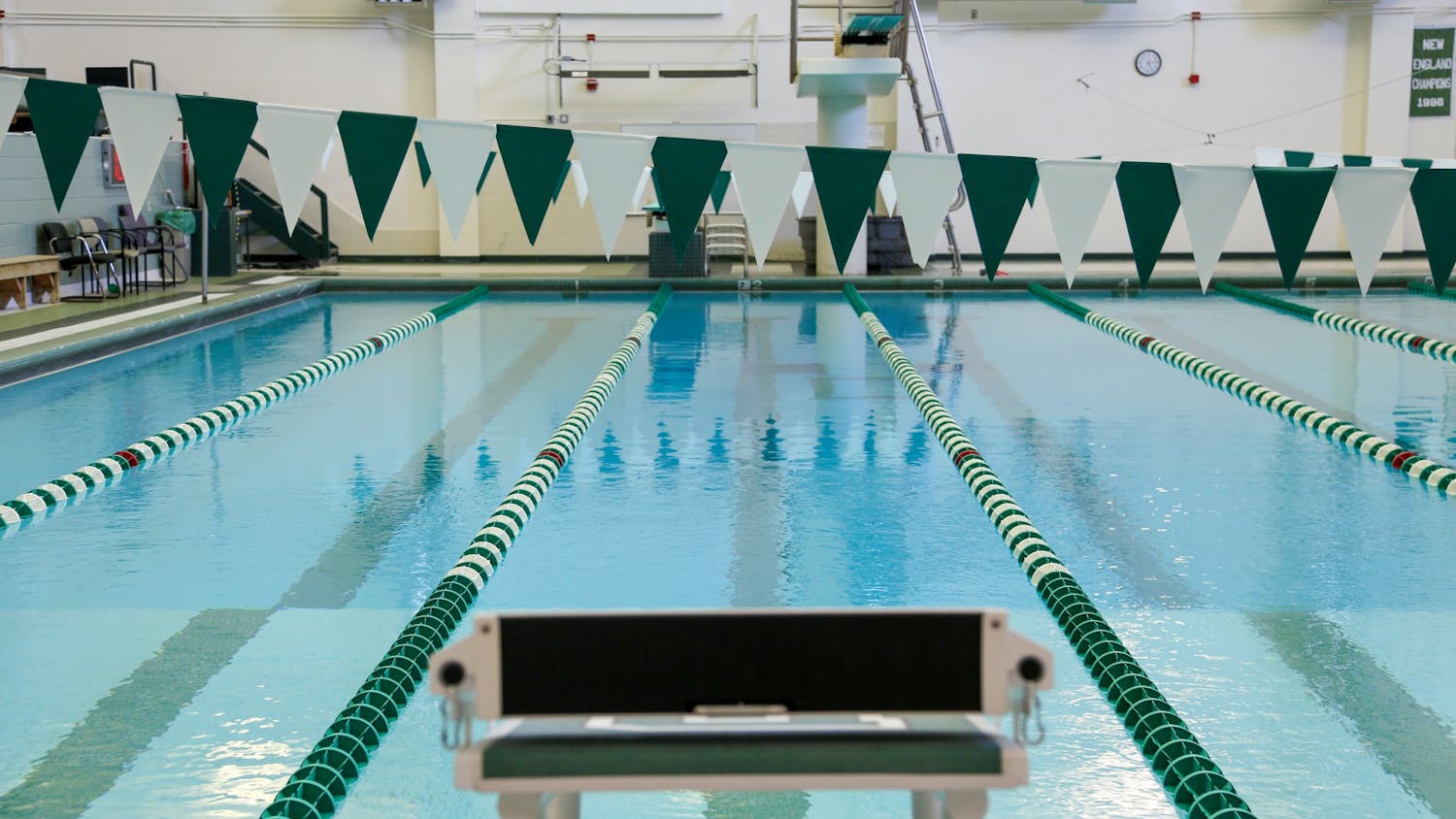As Dartmouth and the Ivy League approach a full year without athletic competition, the College’s process of recruiting athletes has changed significantly. COVID-19 restrictions have drastically limited in-person scouting and campus visits, and coaches face an additional challenge: convincing athletes to commit to a conference that, almost uniquely among Division I schools, has not seen competition since last March, and choosing a school recovering from the controversial elimination and reinstatement of five sports teams.
As in normal years, formal athletic recruitment began this fall for high school juniors. According to men’s lacrosse coach Brendan Callahan, current high school juniors have faced the brunt of COVID-19 restrictions, as none of them have been able to attend official, in-person college visits.
“We have some kids that are having to make their decisions right now without ever seeing their college choice,” Callahan said.
NCAA restrictions have banned all in-person recruiting at Division I schools, so coaches have not been able to see potential recruits in action. Coaches like Callahan have relied almost entirely on game film from a year ago or even longer to scout some athletes. In some ways, this has expanded coaches’ abilities to review a large number of players. Certain personal aspects, however, will remain unknown for incoming recruits.
“Tape can be deceiving at times. How fast is a guy actually shooting? How fast is he running? How big or athletic is he? It’s much easier to tell sitting on the sidelines,” Callahan said. “On top of that, you get to see other interactions: How do they interact with their teammates? What's their body language like on the sidelines? And when you're watching the film, you're kind of at the mercy of what the camera decides to focus on.”
Head women’s volleyball coach Gilad Doron has faced similar challenges. Doron said that he and his coaching staff created a presentation featuring a virtual campus tour, athlete-specific information from admissions information sessions and an introduction to Dartmouth Peak Performance.
Doron also set up Zoom meetings between recruits and current team members earlier in the recruiting process than usual. Recruits would normally not meet the team until visiting campus in person.
In women’s soccer, recruiting begins relatively early, with coaches scouting out players during their sophomore year of high school. Women’s soccer head coach Ron Rainey said that while the ’25s recruiting class is complete, recruiting for potential ’26s will remain on hold due to the inability to scout in person.
Rainey, however, said he does not see this as a major concern.
“Waiting until senior year — you’re just a year older, so you might know a bit more of what you want out of a school,” he said. “And so if you make a decision your senior year, [and] it’s the right decision, then that can be a positive thing.”
Rainey said he feels confident that the women’s soccer team will still have strong recruits in the upcoming years.
Ivy League teams already conduct a unique recruiting process — high academic standards and the absence of athletic scholarships create a narrower subset of prospects. Now, the conference is at the forefront of canceling sporting competitions. While the NCAA has suspended in-person recruiting for all Division I schools until at least April 15, schools outside of the Ivy League have been less restrictive when it comes to COVID-19 protocols. Eight of the 10 schools not participating in this year’s men’s college basketball season are Ivy League members; 347 of the 357 Division I programs are currently competing.
Doron and Rainey said they have not felt that the lack of competition has been an issue with recruits so far, but both worried about it hurting their ability to recruit.
“Some schools outside of the Ivy League that we recruit against will probably slip that into conversations,” Rainey said. “But when we’ve been asked, we’ve been honest and said the decision has been made for the safety of all the people involved, and I don’t think anyone can begrudge the Ivy League for making that decision.”
Doron, on the other hand, said he worries that the Ivy League’s decision to not hold championships could play into a recruit’s decision on whether to come to Dartmouth.
“I know that safety is a priority and hopefully the vaccines will help,” Doron said, “... but the rest of the country is going to have a volleyball championship."
In addition to the concerns over the Ivy League’s lack of competition, the Dartmouth administration has recently been at odds with much of the athletic community on campus. After the College reinstated — under threat of a Title IX lawsuit — five teams originally cut in July 2020, some athletes have expressed concerns with the administration’s commitment to athletics. Reinstated teams face an additional challenge in the new recruiting landscape after missing two recruiting seasons.
For incoming recruits, pandemic restrictions have complicated the already challenging decision of where to attend. Nonetheless, track and cross country commit Mac Hadden ’25 described interactions with men’s cross country coach Justin Wood and future teammates over Zoom as beneficial.
“When [Wood] came on [in November], he made a real big effort to get to know us,” Hadden said. “Within a week of him becoming the head coach, he gave me a phone call and I got to talk to him, and we've had two Zoom calls with the boy recruits.”
For Hadden, even with the limits imposed by COVID-19, the choice to compete for the Big Green was straightforward. Hadden confirmed his choice to attend Dartmouth after visiting campus last fall.
As the vaccines roll out, coaches and players look forward to in-person recruiting resuming. Recruiting, along with practices and team meetings, has looked starkly different, but Big Green coaches and athletes will continue to try to make the most of the tools they have until in-person recruiting returns.
“As I tell our guys, it's hard to stand up in the face of uncertainty and continue to find ways to move forward,” Callahan said, “but that's sort of the challenge that we've all been given and the challenge that we're all trying to figure out in our own ways through this pandemic.”




